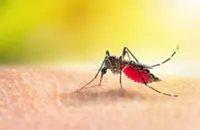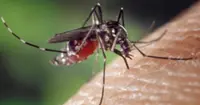MIGRANT workers make up a large part of Klang’s dengue statistics.
Klang Municipal Council’s (MPK) Health and Environmental Department director Azmi Muji said dengue among migrant workers went up by 399% or 504 cases as of April 30, compared with the corresponding period last year (101 migrants with dengue).





